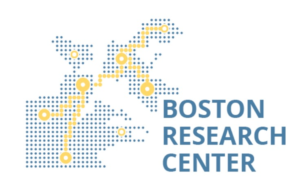Sourcery partnership receives $805,000 Andrew W. Mellon Grant
A partnership of various libraries and archives, led by Greenhouse Studios at the University of Connecticut and including the Northeastern University Library, has recently been awarded a $805,000 grant from the Andrew W. Mellon Foundation.
The two-year grant will support the continued development and outreach of Sourcery, “a mobile application that streamlines the scanning of remote of archival materials, provides better connections between researchers and archivists, and offers new and more equitable pathways for archival research.”
According to Greenhouse Studios: “Sourcery is an open-source web application that expands access to non-digitized archival sources. The app, developed by Greenhouse Studios and supported by the non-profit Corporation for Digital Scholarship (CDS), is accessible on any device connected to the Internet. Sourcery provides archivists with a streamlined reference scanning workflow, payment processing services, and analytics on document requests. It provides researchers with a single interface for placing document requests across multiple remote repositories–a practice that has taken on new urgency during this time of limited in-person access to collections.”
Northeastern University Library is one of three partner repositories from which researchers can request documents. The others are Hartford Public Library and the University of Connecticut Archives and Special Collections. A fourth repository—Folger Shakespeare Library—will join the partnership upon completion of a renovation in 2023.
The grant is the second awarded to the group for the Sourcery project, after an initial Andrew W. Mellon Foundation grant in 2020.
